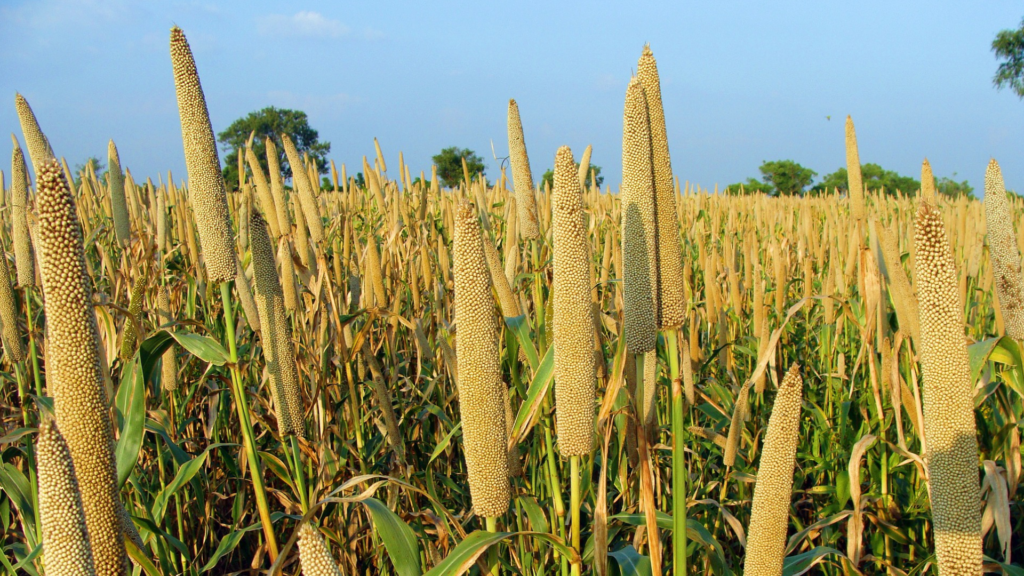‘Shree Anna’ (Mother of All Grains) i.e., Millet, the name was given to India’s traditional staple food by the Prime Minister of India because of its enormous nutritional, health, and environmental benefits. With India’s dedicated efforts, the United Nations General Assembly (UNGA) has declared 2023 as the ‘International Year of Millets’ to bring back the focus on this versatile, climate-sustainable food crop and increase its global production to address food security and nutritional development concerns.
India enjoys the status of being the largest producer of millet in the world. But over time, the demand for millet has decreased and it lost its competitiveness in the global food market. Thus, this international recognition will bring back the lost focus on the numerous benefits hidden in these small food grains for humans, biodiversity, and the environment.
‘Shree Anna’ is becoming quite popular as part of international cuisine, due to the increasing awareness among consumers for their high nutritional value and versatility in cooking. Millets are a group of small-seeded grasses that are widely grown and consumed in many countries, especially in Asia and Africa. There has been a growing interest in millet in Western countries now. Here, they are being recognized for their health benefits and sustainable food choices. They are also gaining popularity as a gluten-free alternative to wheat and other grains.
It can be used in a variety of dishes, from porridge to bread, and can enrich the international platter with new varieties like Millet Breads, Pancakes, Cookies, Dosa, etc. With the increasing demand for plant-based and sustainable foods, millet is expected to become even more popular in the coming years.
India is using its G20 Presidency to promote the diverse use of Indian millet in international cuisines that can eventually help small farmers and the economic growth of the country. As the demand will increase, it will lead to higher production and subsequent value-chain development such as market linkages and additional Research & Development.
In India, more than 500 startups are associated with Millet’s value chain. These are bringing innovation in the use of India’s culturally significant staple diet through millet-related enterprises while resolving global food security challenges in developing sustainable food choices and agricultural practices.

